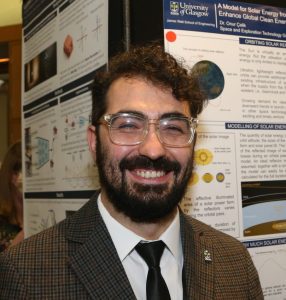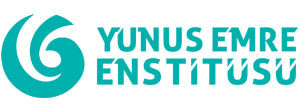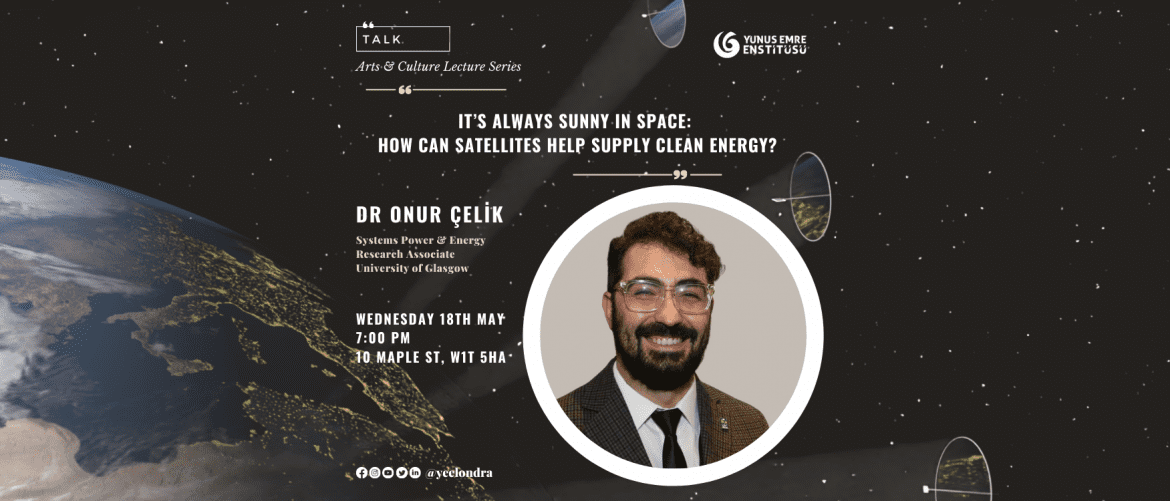Yunus Emre Institute London is hosting a talk by Dr Onur Çelik, on his fascinating and pressing work surrounding space technologies and their use in tackling the climate emergency. The talk, ‘It’s always sunny in space: How can satellites help supply clean energy?‘, will take place on Wednesday 18th May 2022 at 7:00 PM.
The event will start with a talk by Dr Çelik and will be followed by a Q&A session.
…
.
Abstract:
Amid the climate emergency, there is an ever-growing interest in alternative technologies to reach the carbon net-zero targets set by different states. Among those are space technologies, which dominantly remain as a source of data, but that could soon see a shift towards physical resources as well. The UK government has recently released a report on the feasibility of harvesting solar energy from space and beaming that back to the Earth via Solar Power Satellite (SPS), whereas the US and Japan have a long-term interest in such a technology. Moreover, alternative technologies such as orbiting solar reflectors (OSR) could further complement the SPS to supply clean energy globally. Space-based solar energy solutions can then help increase the market share of solar energy in electricity generation, which is currently limited to daylight hours only.
In this talk, Dr Onur Çelik will first give a general overview of space technologies that can help tackle the climate emergency. A particular focus will then be given to space-based solar energy solutions. Dr Çelik will comparatively discuss the technologies, including a brief historical overview, technical details for a general audience, and potential regulatory issues that come with the employment of space-based solar energy solutions.
.
Event: It’s always sunny in space: How can satellites help supply clean energy?
Guest Speaker: Dr Onur Çelik
Date: Wednesday 18th May 2022
Time: 7:00 PM (UK time)
Venue: 10 Maple Street, London, W1T 5HA
Registration is essential.
.
 About the speaker:
About the speaker:
Dr Onur Çelik is currently a Research Associate at the University of Glasgow, conducting research on the orbital dynamics of solar reflectors in a European Research Council-funded project. After receiving his BSc degree from Istanbul Technical University, Dr Çelik spent research time in various European countries, the US, and Japan throughout his master’s and PhD studies, and completed his PhD degree in Japan in collaboration with Japan Aerospace Exploration Agency (JAXA). Dr Çelik is the recipient of the Japanese government and the European Union scholarships and was named an “Emerging Space Leader” by the International Astronautical Federation in 2018. He is also the translator of two popular science books.
.
.
.
This event will be streamed live on the Yunus Emre Institute in London Facebook and YouTube accounts, @yeelondra.
This talk forms part of the Arts & Culture Lecture Series organised by Yunus Emre Institute London.

